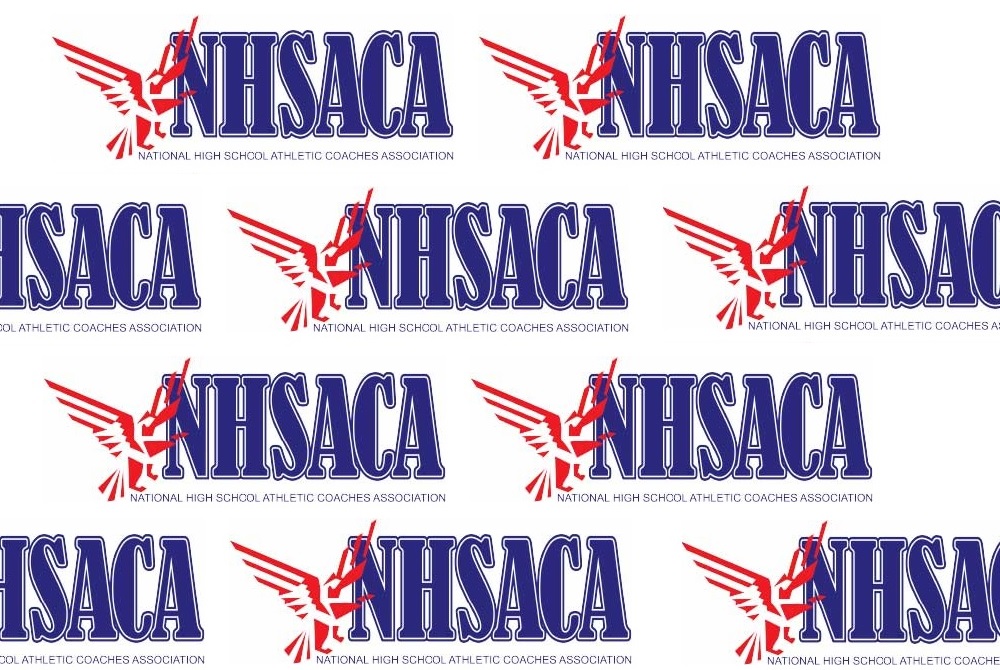
Sorting It Out
February 4, 2014
The MHSAA has a good relationship with the high school coaches associations of Michigan in spite of the fact that the MHSAA sometimes befuddles and frustrates some associations’ leaders and members. This occurs, for example, when a coaches association’s board of directors votes unanimously in support of a change in policy or procedure which fails to be adopted by the MHSAA Representative Council. Every so often over the past 25 years, I’ve had to provide reminders of why this occurs – in fact, why it must occur.
First, a coaches association is just that – an association of coaches; and coaches are but one of the many important voices to whom the MHSAA pays regular attention. The MHSAA also must hear the opinions of athletic directors, principals, superintendents, boards of education, contest officials and others. Typically, coaches desire more of everything: contests, classifications, trophies and medals. Just as predictably, most administrators seek reasonable limits on such things and can often be heard to say, “Enough is enough.”
Second, the makeup of many of our state’s high school coaches associations’ boards of directors, and even the associations’ members, do not reflect the MHSAA’s full membership. Understandably, many coaches associations’ board members are disproportionately from large schools in the southern or even southeastern part of Michigan.
And third, by their nature, coaches associations advance proposals for a single sport, which could impact other sports positively or negatively. There is no question that if one sport “gets” something, like another tournament classification or division, other sports will seek the same consideration which may or may not be practical for or beneficial to other sports.
When considering a proposal from a coaches association, MHSAA Representative Council members will almost always ask themselves: “Who’s not in the room? Who are we not hearing from? Is there another side of the issue? How does this play out among small schools, or urban schools, or northern schools? How will this affect other sports?”
We look to coaches associations for sport-specific advice; and we urge them to seek input from a constituency that is as large and diverse as possible. We look to other stakeholders to add their advice and counsel to the process; and we depend on the Representative Council to sort it out and seek the proper balance.

Pair of Michigan School Sports' Best Receive National Accolades
By
Geoff Kimmerly
MHSAA.com senior editor
August 4, 2021
A pair of longtime and significant contributors to school athletics in Michigan have been recognized nationally as the best in their respective fields by the National High School Athletic Coaches Association.
Battle Creek St. Philip volleyball coach Vicky Groat was named national Coach of the Year in her sport, while recently-retired administrator Fred Smith was named national Athletic Director of the Year by the NHSACA.
Both were nominated for the national recognition by the Michigan High School Coaches Association. They received their awards at last week’s NHSACA Annual Conference in Lincoln, Neb.
Groat last season led St. Philip to the Division 4 championship, the program’s 11th Finals title with her as head coach. She ranks sixth in MHSAA history with 1,177 coaching wins (1,177-275-93) over 22 seasons. She also serves as principal and athletic director at her school.
Smith served 38 years total as a teacher, coach and administrator with stops at St. Joseph Lake Michigan Catholic, Comstock, Buchanan and Benton Harbor before retiring in 2017. He received a Citation from the National Federation of State High School Associations in 2019 for his various contributions not only in Michigan but nationally, especially in athletic director education and development.
Both Groat and Smith, coincidentally, are graduates of Battle Creek St. Philip. Both also have served on the MHSAA Representative Council, including Smith four years as vice president.
Additionally, Temperance Bedford volleyball coach Jodi Manore and longtime Warren De La Salle Collegiate lacrosse coach and athletic director Mike Jolly were inducted into the NHSACA Hall of Fame. Manore is the winningest coach in MHSAA volleyball history and all-time nationally as well with a record of 2,128-369-59 at Bedford from 1980-83 and again from 1990-2020. Jolly led the Pilots lacrosse program to a 215-105 record and also coached football, basketball and baseball.

